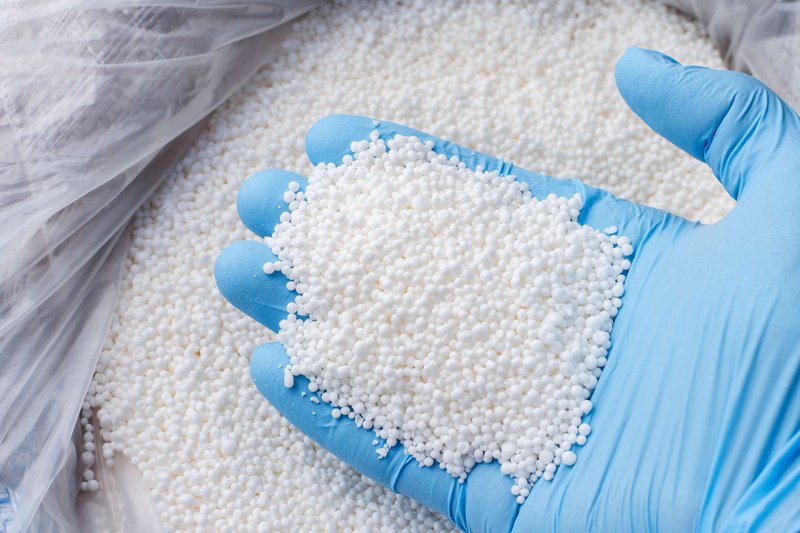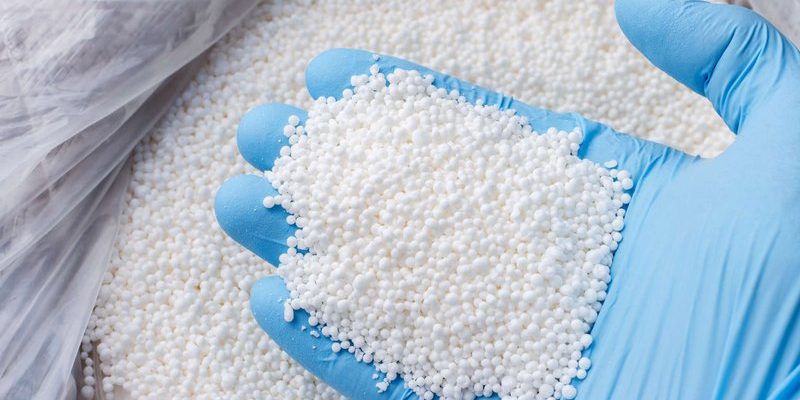
Earthworm castings, sometimes called worm poop (yep, you read that right), are the result of worms munching on organic matter. Think of it as nature’s fertilizer delivery service. Meanwhile, synthetic fertilizers are made in factories and designed to provide nutrients quickly and efficiently. Both have their pros and cons, so figuring out which is right for your plants can feel a bit overwhelming. Let’s break it down together.
What Are Earthworm Castings?
Earthworm castings are essentially the nutrient-rich byproduct of earthworms digesting organic material. They’re often rich in beneficial bacteria, enzymes, and nutrients that promote healthy soil. Imagine it as a superfood for your garden. When you apply these castings to your soil, they can help improve soil structure, retain moisture, and even boost plant growth.
How are they made? Earthworms consume decaying leaves, vegetable scraps, and other organic matter. As they digest this material, they break it down further and excrete it as castings. This process enriches the soil without the use of harsh chemicals. It’s like composting but more efficient. Many gardeners swear by them, saying they notice healthier plants and better yields.
Another benefit of earthworm castings is their slow-release nature. Unlike synthetic options that can burn plants if over-applied, castings release nutrients gradually. This means your plants get a steady supply of food, helping them thrive without any shock. You might be wondering, “How do I get my hands on some?” Well, you can either start your own worm bin or buy them from local garden centers or online stores.
What Are Synthetic Fertilizers?
On the flip side, synthetic fertilizers are manufactured using chemical processes. They’re designed to deliver nutrients quickly, often providing an instant boost to your garden. Think of them as a fast food meal for your plants—quick, convenient, but not always the best choice for long-term health.
These fertilizers usually come in three main nutrient types: nitrogen (N), phosphorus (P), and potassium (K). Each plays a vital role in plant growth. Nitrogen helps with leafy growth, phosphorus promotes root and flower development, and potassium is vital for overall plant health. When mixed correctly, synthetic fertilizers can lead to impressive growth in a short amount of time.
However, here’s the catch: while synthetic fertilizers can yield quick results, they can also lead to long-term soil degradation. Over time, they might harm beneficial microorganisms in the soil, and continuous use could lead to nutrient imbalances. So if you’re thinking about using these fertilizers, it’s essential to strike a balance so your plants don’t end up struggling down the line.
Pros of Using Earthworm Castings
There are several reasons why gardeners are drawn to earthworm castings. Let’s dive into some of the main benefits:
- Natural and Sustainable: Castings are organic and contribute to a sustainable gardening practice. You’re not just feeding your plants; you’re enriching the ecosystem.
- Microbial Activity: They enhance both soil structure and microbial populations, which can help in breaking down nutrients and making them more available to your plants.
- Reduced Risk of Over-fertilization: Since castings release nutrients slowly, the risk of burning your plants is minimal, giving you a bit more leeway.
- Improved Soil Health: Over time, using castings can lead to improved soil structure, better drainage, and increased moisture retention.
Using earthworm castings can feel like giving your plants a spa treatment. It’s a gentle, nurturing way to encourage growth and resilience. If you’re after a natural approach, this could be your best bet.
Pros of Using Synthetic Fertilizers
While they come with some downsides, synthetic fertilizers also have their own set of advantages:
- Fast Results: If you’re facing a plant emergency, synthetic fertilizers can quickly address nutrient deficiencies and produce immediate results.
- Precision: These fertilizers can be tailored to specific plant needs, providing a more controlled nutrient intake than organic methods.
- Cost-Effective: They are often cheaper on a per-application basis and widely available at most garden centers.
- Convenience: Applying synthetic fertilizers is straightforward; you can easily mix them into your soil or apply them as a liquid feed.
If you’re looking for a quick fix, synthetic fertilizers can indeed come to the rescue. Just remember that while they can give a big boost to your plants, they may not be the best long-term solution for your soil’s health.
Comparing Nutrient Content
When comparing earthworm castings and synthetic fertilizers, nutrient content plays a vital role. Earthworm castings generally contain a range of nutrients, including:
– Nitrogen
– Phosphorus
– Potassium
– Calcium
– Magnesium
These nutrients are usually in smaller amounts compared to synthetic fertilizers, but they’re accompanied by beneficial microbes and organic matter that support overall plant health.
On the other hand, synthetic fertilizers are often packed with concentrated nutrients, which can be more appealing if you want targeted results. For example, you might find a fertilizer that contains a high percentage of nitrogen if you have leafy greens. But this focus on individual nutrients means you might miss out on the holistic benefits that come from using something like earthworm castings.
Here’s a quick comparison table to visualize the nutrient differences:
| Nutrient | Earthworm Castings | Synthetic Fertilizers |
|---|---|---|
| Nitrogen | 1-2% | Varies (often higher) |
| Phosphorus | 0.5-1% | Varies (often higher) |
| Potassium | 1-2% | Varies (often higher) |
When choosing between the two, consider what your plants need. Are you looking for quick gains or long-term health? That might guide your decision.
Cost Considerations
Cost is always a factor in gardening, and when comparing earthworm castings and synthetic fertilizers, you’ll notice some differences.
Earthworm Castings: While they might seem a bit pricier upfront, think of them as an investment in long-term health. A little goes a long way, considering how nutrient-rich they are. Plus, if you start your worm bin, you can produce them at home, cutting costs in the long run.
Synthetic Fertilizers: These often have a lower up-front cost and are easy to find. However, because they can lead to soil depletion over time, you might find yourself spending more on soil amendments and rebuilds down the road.
So when you weigh the costs, consider not just the immediate price tag but the long-term effects on your soil and plants.
Final Thoughts
Ultimately, the choice between **earthworm castings** and **synthetic fertilizers** boils down to what you value in your gardening practices. Do you prefer a natural, organic method that promotes healthy soil over time? Earthworm castings might be your go-to. But if you’re in a pinch and need quick results, synthetic fertilizers can definitely deliver the goods.
Think about your gardening goals, the health of your soil, and the well-being of your plants. With a bit of research and a little trial and error, you’ll find the right balance that works for you. With the right nutrients, your garden will flourish, whether you go the natural route or choose the quick fix. Happy gardening!

